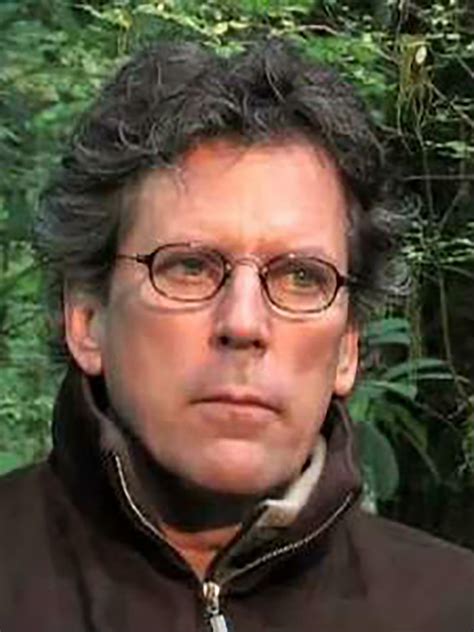A Quote by John Marmysz
Despite its successes, in the end, philosophical thinking always falls short of its real goal. It involves both the wonder of aspiring toward the Truth and the distress of falling short of that Truth. In this way, philosophy can be characterized as wondrous distress.
Related Quotes
One can delineate the domain of philosophy however one likes, but in its search for truth, philosophy is always concerned with human existence. Authentic philosophizing refuses to remain at the stage of knowledge […]. Care for human existence and its truth makes philosophy a 'practical science' in the deepest sense, and it also leads philosophy—and this is the crucial point—into the concrete distress of human existence.
Wonder is like grace, in that it's not a condition we grasp; it grasps us. Wonder is not an obligatory element in the search for truth. We can seek truth without wonder's assistance. But seek is all we'll do; there will be no finding. Unless wonder descends, unlocks us ... truth is unable to enter. Wonder may be the aura of truth, the halo of it. Or something even closer. Wonder may be the caress of truth, touching our very skin.
There have been a number of philosophers who have reveled in the dismantling of truth. I think they did so with good ethical motives, and for good philosophical reasons. I can see the sense in what they were talking about; the idea that truth is often claimed by elites in order to further certain agendas. They crowd-out alternative perspectives - particularly those of the powerless. But the undermining of truth contributed - in the weird, indirect way that philosophy contributes to the culture - to a rejection of the idea of truth as having any kind of proper meaning at all.
Society today is being fragmented by a way of thinking that is inherently short-sighted because it disregards the full horizon of truth - the truth about God and about us. By its nature, relativism fails to see the whole picture. It ignores the very principles that enable us to live and flourish in unity, order and harmony.
Truth is not something you can appropriate easily and quickly. You certainly cannot sleep or dream yourself to the truth. No, you must be tried, do battle, and suffer if you are to acquire the truth for yourself. It is a sheer illusion to think that in relation to the truth there is an abridgement, a short cut that dispenses with the necessity for struggling for it.



































